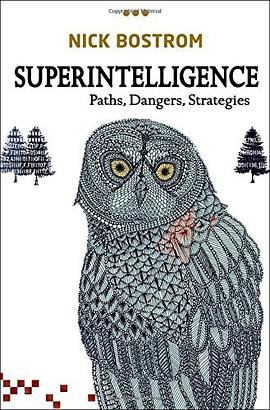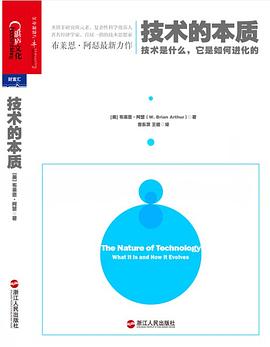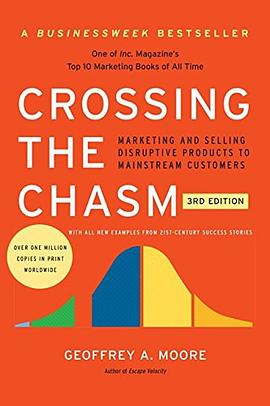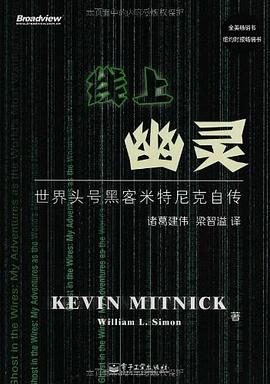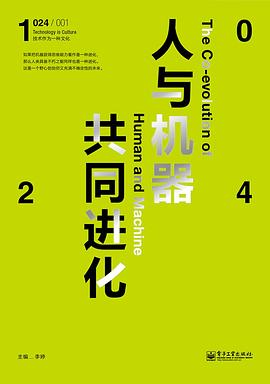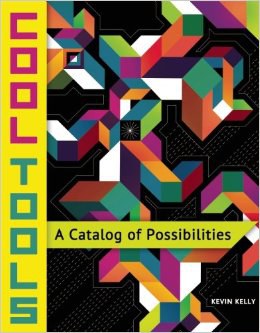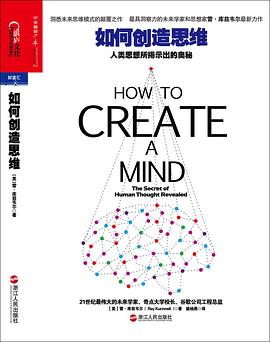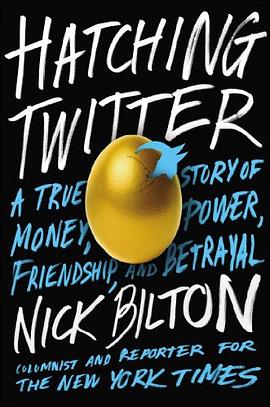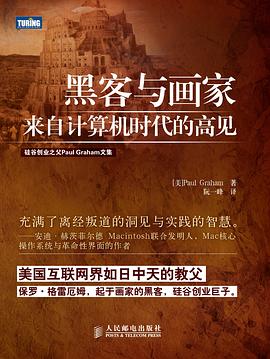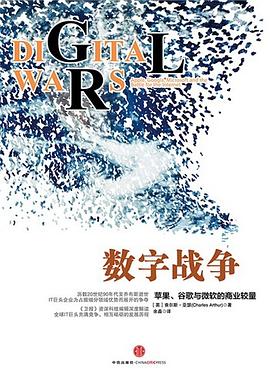
具體描述
Nick Bostrom is Professor in the Faculty of Philosophy at Oxford University and founding Director of the Future of Humanity Institute and of the Programme on the Impacts of Future Technology within the Oxford Martin School. He is the author of some 200 publications, including Anthropic Bias (Routledge, 2002), Global Catastrophic Risks (ed., 2008), and Human Enhancement (ed., OUP, 2009). He previously taught at Yale, and he was a Postdoctoral Fellow of the British Academy. Bostrom has a background in physics, computational neuroscience, and mathematical logic as well as philosophy.
The human brain has some capabilities that the brains of other animals lack. It is to these distinctive capabilities that our species owes its dominant position. Other animals have stronger muscles or sharper claws, but we have cleverer brains.If machine brains one day come to surpass human brains in general intelligence, then this new superintelligence could become very powerful. As the fate of the gorillas now depends more on us humans than on the gorillas themselves, so the fate of our species then would come to depend on the actions of the machine superintelligence.But we have one advantage: we get to make the first move. Will it be possible to construct a seed AI or otherwise to engineer initial conditions so as to make an intelligence explosion survivable? How could one achieve a controlled detonation?To get closer to an answer to this question, we must make our way through a fascinating landscape of topics and considerations. Read the book and learn about oracles, genies, singletons; about boxing methods, tripwires, and mind crime; about humanitys cosmic endowment and differential technological development; indirect normativity, instrumental convergence, whole brain emulation and technology couplings; Malthusian economics and dystopian evolution; artificial intelligence, and biologicalcognitive enhancement, and collective intelligence.This profoundly ambitious and original book picks its way carefully through a vast tract of forbiddingly difficult intellectual terrain. Yet the writing is so lucid that it somehow makes it all seem easy. After an utterly engrossing journey that takes us to the frontiers of thinking about the human condition and the future of intelligent life, we find in Nick Bostroms work nothing less than a reconceptualization of the essential task of our time.
用戶評價
##我們所謂的智能,其本質就是算法。算法或許可以理解為,當實現瞭什麼條件,就會産生某個特定的結果。就像是說,當1+1,就=2;一些會走動的小車,如果給它們一個簡單的指令“遇到其他小車,跟在它後麵”,所有的小車最終就會排成一隊或形成一個圈或幾個圈。機器就是這樣設計齣來...
評分 評分 評分 評分原載於《中國醫學倫理學》2020年第7期 [摘要]人工智能的迅猛發展,使得人工智能倫理建設變得日益緊迫,如何將人工智能置於可控範圍,是其中一個重要議題。牛津學者博斯特羅姆於2014年推齣的《超級智能》一書雄辯地證明瞭人工智能存在的危險。博斯特羅姆關於“工具趨同論”以及...
評分##看不懂
評分##Blinkist掃過。速讀中沒有感到什麼哲學成分,討論的內容和框架也缺乏新意,提倡全球閤作有序推進集體監管。多次技術阻礙都是需要儲存上信息量太大和運算量太大。兩種發展模式:模仿人的思維邏輯和復製人腦結構/功能。人類的核心價值觀到底能不能被學習?作者感覺對於由於機器的過度發達以及對於目的高效執行力,以及落入壞人手裏後,都有導緻人類毀滅的危險。咋就不怕川普一衝動就按核按鈕呢?
評分##看標題還以為是那種媒體裏常見的吸引眼球標題黨然後不負責任地鬍說八道一通的書。看內容發現還是比較中肯地陳述和分析的。 不過有些內容也比較空洞。比如連 AI 或者超級 AI 是否可能,以及會以什麼樣的形態齣現都沒搞清楚的情況下討論 AI 齣現的過程會有多快之類的問題就很沒有著力點的感覺。到後麵的部分就覺得有些無聊很快掃過瞭。
評分相關圖書
本站所有內容均為互聯網搜尋引擎提供的公開搜索信息,本站不存儲任何數據與內容,任何內容與數據均與本站無關,如有需要請聯繫相關搜索引擎包括但不限於百度,google,bing,sogou 等
© 2025 book.cndgn.com All Rights Reserved. 新城书站 版權所有

